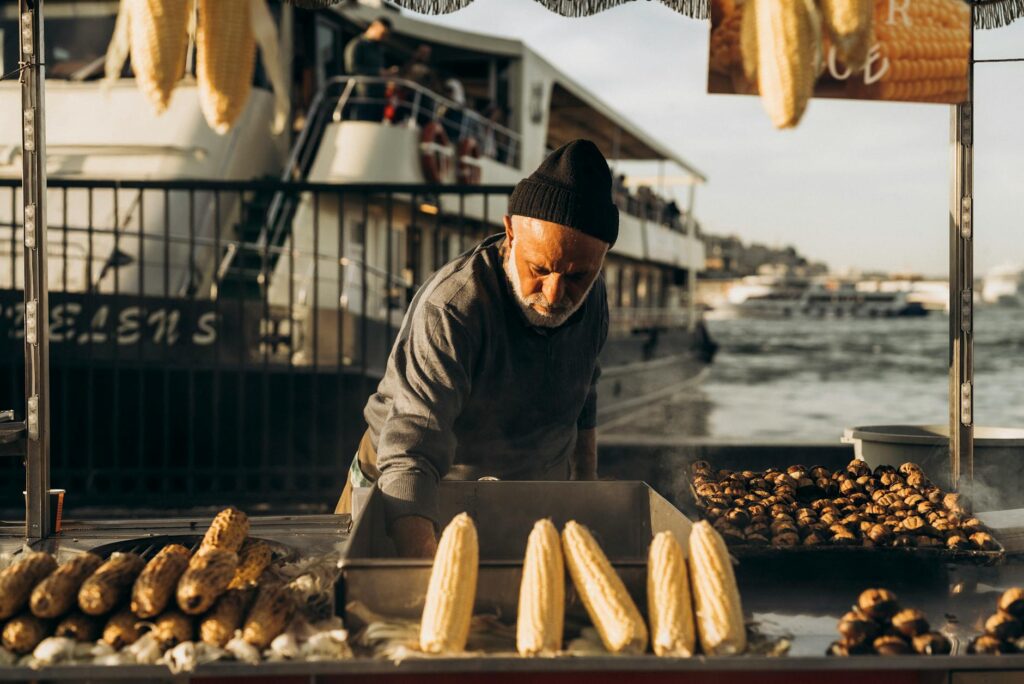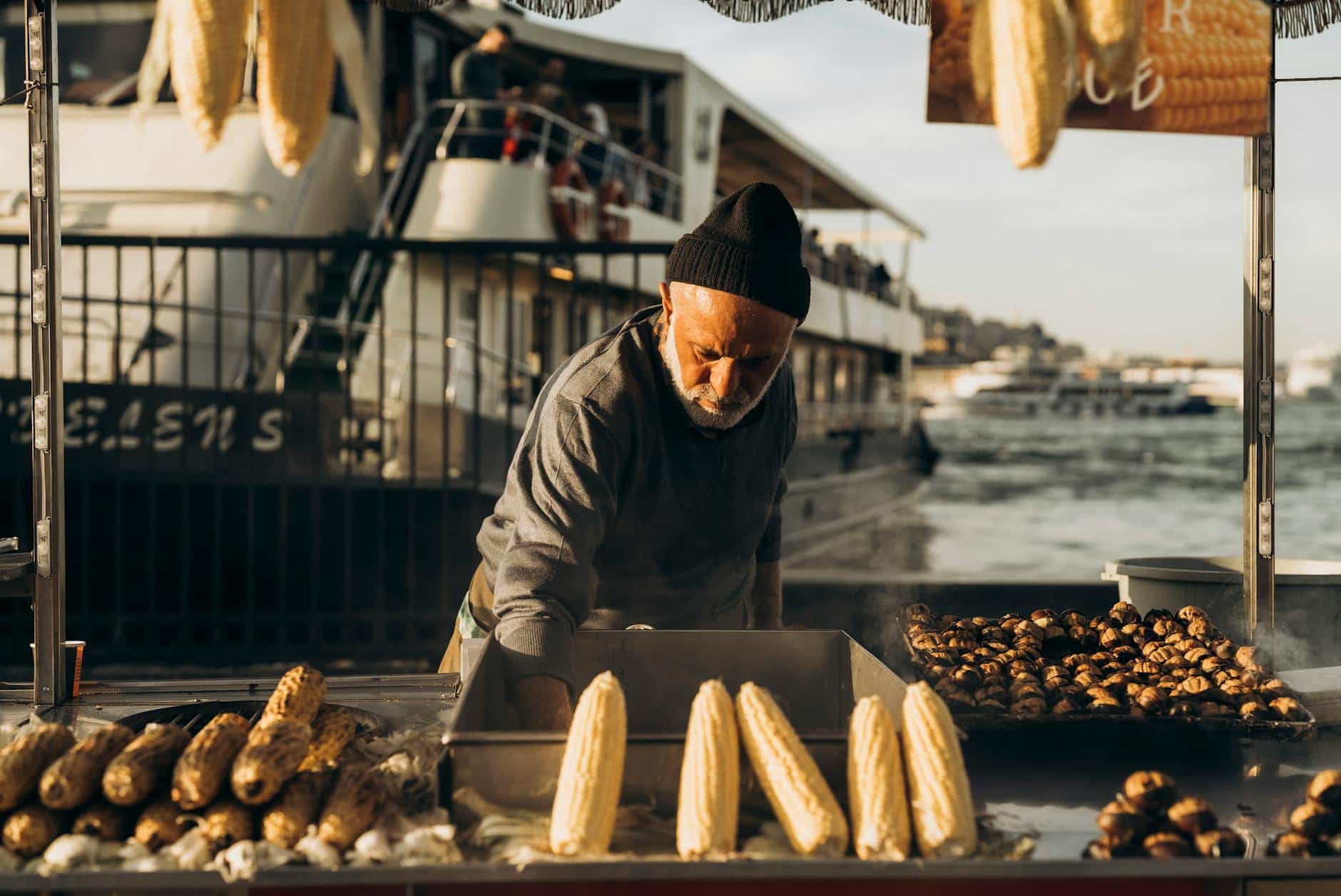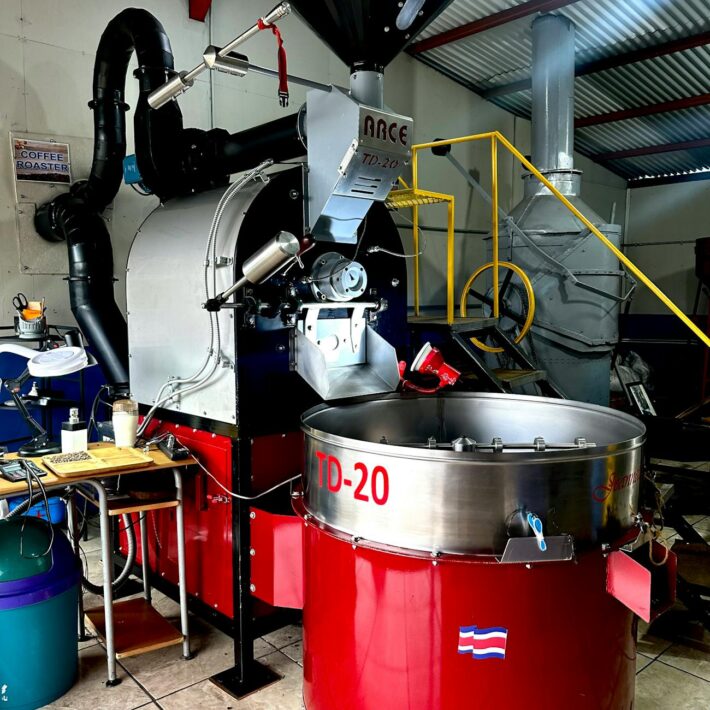Culinary Tourism Business Ideas to Start in 2024

Contents
Culinary Tourism Business Ideas to Start in 2024
Starting a culinary tourism business in 2024 presents exciting opportunities. The demand for unique and immersive food experiences is rising. This guide provides actionable ideas to help you succeed in this growing market.
Types of Culinary Tourism Business Ideas
From immersive tours to unique dining experiences, the culinary tourism industry offers diverse business models. These options will help you decide how to best enter this growing market.
Food Tours and Experiences
Food tours offer a captivating way to explore a region's culinary heritage. Think themed tours focused on specific cuisines, walking tours showcasing local eateries, or even hands-on cooking classes. Offer unique perspectives of the area's local ingredients. For instance, you could create a "Secret Street Food" walking tour, exploring hidden gems beyond tourist traps. These tours highlight the soul of the region.
 Photo by Kadir Avşar
Photo by Kadir Avşar
Culinary Workshops and Classes
Cooking classes are a popular choice, attracting people seeking to expand their culinary skills. Offer introductory courses for beginners or specialized workshops for seasoned chefs wanting advanced techniques. Consider a "Global Flavors" course teaching techniques across different cuisines. You could also create exclusive workshops for professionals such as "Restaurant Menu Innovation". Such courses provide value and boost engagement.
Restaurant and Culinary Experiences
Restaurants hold a central position in culinary tourism. Consider unique restaurant concepts, focusing on one cuisine or offering a dining experience in an unconventional location, like a historic building or vineyard. Even pop-up restaurants can become popular tourist destinations, serving unique culinary concepts.
Farm-to-Table Experiences
Highlight fresh local ingredients by partnering with local farms. Craft unique farm-to-table dining experiences. Offer a guided farm tour showcasing local crops and artisan food producers.
Specialty Food Shops and Markets
Showcase local and regional specialty items. Create curated food markets, focusing on rare or niche items like artisan cheeses, local honey, or organic produce. Partner with local vendors to provide a rich sensory experience to your customers.
Food-Focused Accommodation
Consider creating immersive dining experiences within accommodation, like a bed & breakfast or hotel. Include unique culinary features, menus, and food-related activities within your establishment. These can also be themed rooms or unique design concepts.
Culinary-Themed Getaways
Package food tours, cooking classes, and accommodation into curated getaway packages. Cater to specific interests like "Foodie Adventure", "Wine & Dine", or "Spice Route", providing personalized experiences for various groups of travelers.
Mobile Food Trucks and Pop-Up Restaurants
Mobile food trucks and pop-up restaurants offer a versatile and cost-effective way to engage tourists. They can be moved to popular destinations such as farmers' markets, festivals, or concerts. It's a great way to introduce local cuisines.
Food & Beverage Consulting
Consult with restaurants or other food businesses on menu development, ingredient sourcing, and marketing strategies. This provides additional income and industry expertise.
Online Culinary Platforms
Create an online platform selling local food products, hosting cooking classes, and connecting food enthusiasts with local businesses.
Local Food Festivals and Events
Organize local food festivals or events to showcase regional products, attracting visitors. These festivals are highly appealing to local communities and tourists.
Unique Culinary Experiences
Offer truly unique experiences like interactive cooking demonstrations, themed dining events, or food-pairing courses with wine or craft beer.
Branding and Marketing Strategies
Building a strong brand and marketing strategy is critical for success in culinary tourism.
Branding Guidelines for Culinary Tourism Businesses
Develop clear brand guidelines for your business. Craft a logo that reflects the quality of your products or the theme of the business. This needs to be cohesive, with a consistent messaging. Maintain authenticity by highlighting the local elements of your business.
Utilizing Online Platforms for Marketing
Leverage social media platforms and online booking systems to reach customers. Create engaging content showcasing your culinary experiences and create high-quality promotional materials. Utilize reviews and feedback mechanisms.
Conclusion
Starting a culinary tourism business in 2024 requires a well-defined plan and strong marketing strategies. Your success in this growing market will hinge on understanding your target audience and developing an authentic brand that resonates with them.

As our Chief SEO & Branding Strategist, Robert Ellison is a digital marketing visionary with over 25 years of experience transforming brands through smart, data-driven SEO and impactful storytelling. Known for his expertise in aligning technical SEO with authentic brand narratives, he leads our team in creating strategies that boost search rankings while building strong, sustainable brand identities. A trusted advisor and frequent industry speaker, Robert combines deep technical knowledge with creative insight, helping our clients not only reach the top of search results but also genuinely connect with their audiences.








